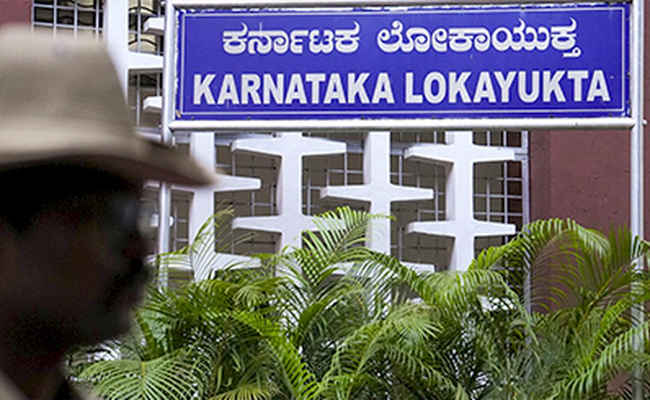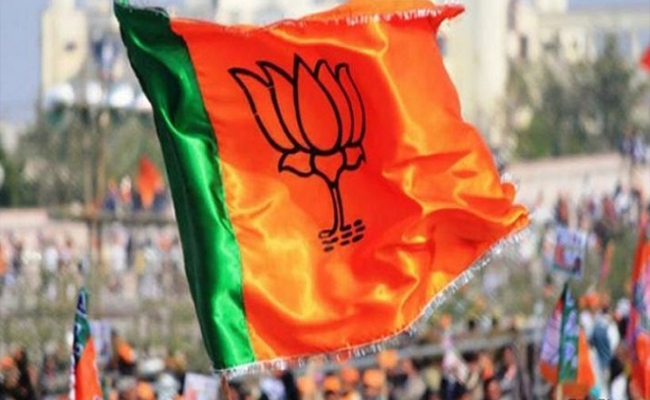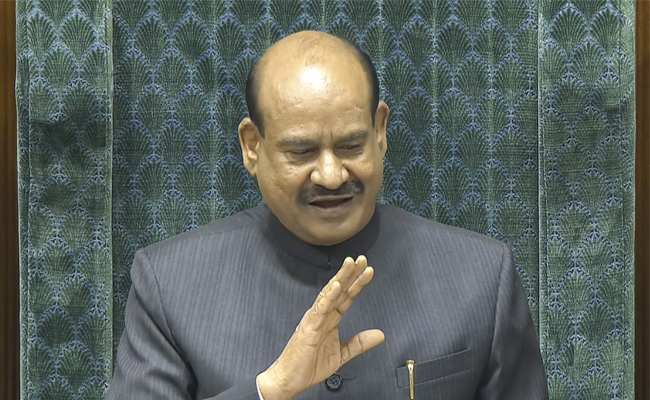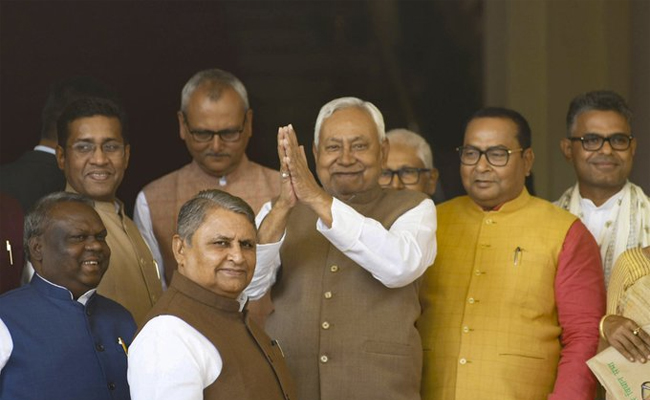New Delhi, Sep 5 : After being pulled up by the government to take concrete steps to stop the spread of misinformation and fake news on its platform, Facebook-owned WhatsApp on Wednesday said it has launched the second phase of its radio ad campaign in the country to create awareness and empower users.
The first phase of the educational campaign was kicked off on August 29 with ads across 46 radio stations of All India Radio (AIR) in states like Bihar, Jharkhand, Madhya Pradesh, Chhattisgarh, Rajasthan and Uttar Pradesh.
The second phase of the campaign started on Wednesday on September 5 with radio ads across 83 AIR radio stations in Assam, Tripura, West Bengal, Gujarat, Karnataka, Maharashtra, Andhra Pradesh and Telangana, Orissa and Tamil Nadu.
These campaigns will run in eight regional languages -- Assamese, Bengali, Gujarati, Kannada, Marathi, Telugu, Oriya and Tamil -- for a 15-day duration, WhatsApp said in a statement.
The campaign has been designed in an easy to understand format to help user's spot misinformation and further sensitize them about the challenges of fake news and addressing these as a society.
"WhatsApp stands committed in its efforts to address these issues jointly with civil society, stakeholders and the government," the company said.
These radio campaign highlights tips like understand when a message is "forwarded"; check information that seems unbelievable and photos carefully; question information that upsets you and be thoughtful about what you share.
WhatsApp has also roped in New Delhi-based non-profit Digital Empowerment Foundation (DEF) to create awareness among its users about the need to verify information.
"Our goal is to help keep people safe by creating greater awareness about fake news and empowering users to help limit its spread," Ben Supple, Public Policy Manager at WhatsApp, said in a statement.
As part of the new partnership with WhatsApp, DEF has committed to holding 40 training sessions for community leaders in 10 states across the country where there have been worrisome cases of violence and where there will be state polls before the end of the year.
In a meeting with WhatsApp CEO Chris Daniels on August 21, Union IT Minister Ravi Shankar Prasad instructed the Facebook-owned platform to comply with the law of the land and take "suitable" steps to prevent its misuse.
The meeting took place after several lynching incidents were linked to the spread of misinformation on the instant messaging platform which has over 200 million monthly active users in India.
WhatsApp has also taken some technological measures to curb the problem of disinformation, including the introduction of the "forwarded" tag and limiting forwarding to five chats at once.
"In addition to the steps we are taking within WhatsApp, we believe impacting lives through the power of education is critical to helping achieve the vision of a 'Digital India'," Supple added.
Let the Truth be known. If you read VB and like VB, please be a VB Supporter and Help us deliver the Truth to one and all.
Bengaluru (PTI): The Lokayukta on Thursday conducted simultaneous raids at the premises of several government officials across different districts of Karnataka in connection with alleged possession of disproportionate assets, officials said.
The searches were carried out at multiple locations linked to officials working in various government departments in districts including Bengaluru, Mandya, Dharwad, Hassan, Mysuru, Vijayapura and Yadgir, among others, they said.
According to Lokayukta officials, the raids targeted officials holding posts such as Assistant Executive Engineer, Junior Engineer, Deputy Electrical Inspector and Taluk Backward Classes Welfare Officer.
ALSO READ: More than 1,200 booked for drunk driving during Holi celebrations in Delhi
Among those raided was Assistant Executive Engineer M C Satyanarayana of the Hassan Municipal Corporation.
High drama unfolded during the raid at Satyanarayana’s residence in Hassan, where Lokayukta officials were forced to wait outside the house for more than an hour before gaining access as the door was not opened, sources said.
When Satyanarayana failed to respond to requests to open the gate, officials attempted to enter the house by climbing to the first floor.
In another case, officials conducted searches at the residence of Chief Engineer Vasantappa Nayak of Karnataka Rural Infrastructure Development Limited located in Akshaya Colony in Hubballi, sources said.
Currently serving in Bengaluru, Nayak had been transferred from Hubballi to Bengaluru in April last year. Officials are carrying out searches at his residence in Akshaya Colony, they said.
The raids were conducted by multiple teams of Lokayukta officials early in the morning at the residences and offices of the suspects following complaints regarding disproportionate assets.





